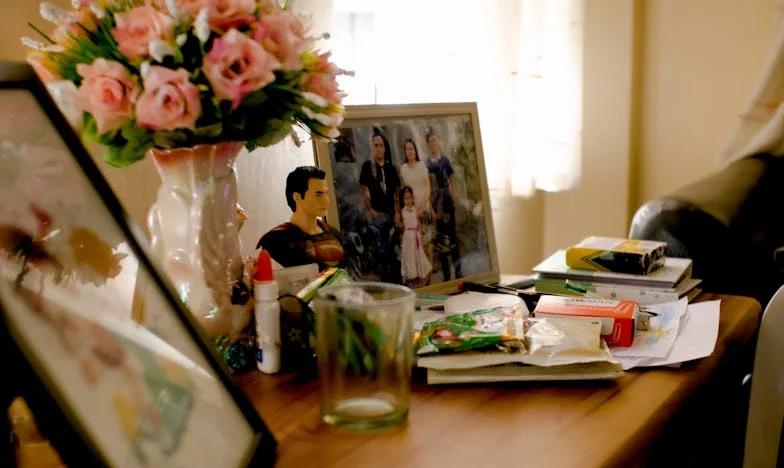“A Son’s Unusual Spouse: She Insists on Shared Household Chores”
“Hey, Naomi, how’s everything? What’s new?” Riley asked as she adjusted her glasses, her voice carrying a mix of curiosity and concern.
“Hey, Riley, all’s well. The kids came over for the holidays, brought the grandkids… They’re so sweet, came with groceries, everyone gathered, cooked, set the table… and nobody got tired, everyone had fun…” Naomi replied, her voice filled with a warm glow.
“You lucked out with your daughter-in-law. My son ended up with quite the odd one, not really a wife at all,” Riley said, her tone shifting slightly.
“Why? I thought Alexa was a nice girl,” Naomi responded, surprised by Riley’s comment.
Riley sighed, “She is nice, Naomi, but you wouldn’t believe the things she’s doing. She actually insists that Michael helps with the dishes and cleaning the house. Can you imagine?”
Naomi paused, trying to process what seemed to upset her friend. “Well, isn’t that a good thing? Sharing chores seems pretty normal.”
Riley shook her head, “It’s not just that, Naomi. She has him doing laundry, cooking meals, and even vacuuming. I visited last week, and there he was, apron on, scrubbing the bathroom floor. A man shouldn’t be doing all that, especially not my son.”
Naomi frowned, “Riley, times are changing. Maybe it’s good for them to share responsibilities. Keeps the home happy, doesn’t it?”
“It’s not about sharing small chores here and there, Naomi. It’s about her making him do things that a wife is supposed to do. I mean, back in our day, would Jack have ever touched a vacuum cleaner?”
Naomi chuckled softly, “Well, Jack might not have, but times are indeed different now. Maybe it’s not such a bad thing. It sounds like they are working together to keep their home.”
Riley wasn’t convinced. “It’s just not right. I feel like she’s not taking care of him the way she should. A wife should make her husband’s life easier, not pile on responsibilities.”
The conversation drifted to other topics, but Riley’s discomfort lingered. She couldn’t shake off the feeling that her son was trapped in an unconventional marriage, one where traditional roles were upended.
As the holidays ended, Riley’s observations became more acute. Michael seemed happy, always chatting about how he and Alexa had redecorated the living room or tried a new recipe together. But to Riley, each of these stories was a reminder of her discomfort with their arrangement.
One evening, as she sat alone in her living room, Riley pondered why she felt so disturbed. Was it the fear of the unknown, or was it something deeper, a fear that her son’s marriage was a mirror reflecting how much the world had changed, leaving her behind?
The story of Michael and Alexa continued, a tale of shared duties and mutual support, but for Riley, it remained a narrative she struggled to accept, a story without the happy resolution she had hoped for.
